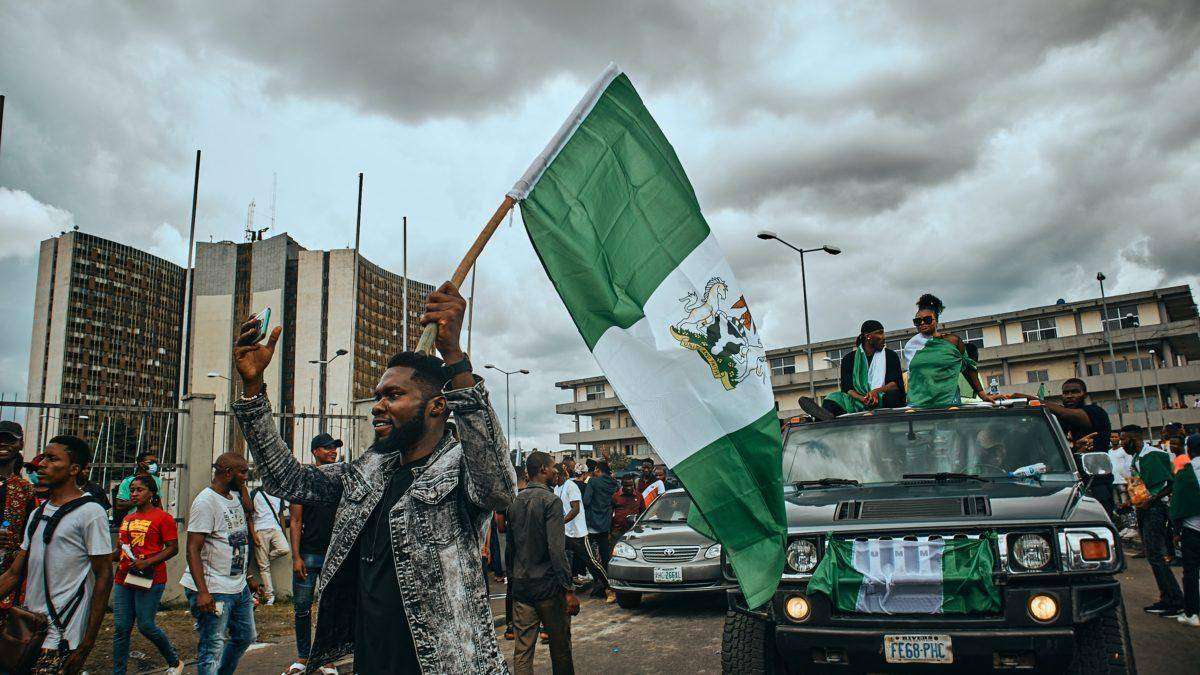Nigeria’s 2023 elections show the importance of youth participation in leadership across Africa. Although the elections did not result in a change of leadership as the status hold now, young people’s increased involvement demonstrated their desire for change and an end to old politics. In contrast to the continent’s ageing leaders, who hijack the system and refuse to work with the youth, young people can bring about change through electoral processes. They have the numbers and can leverage them to demand accountability and regime change.
A young continent with old rulers
The majority of Africa’s leaders have been in charge for far too long, and they are getting older. In order to minimise the abilities of the young and avoid collaboration with them, they surround themselves with their old friends who serve as ministers and leaders of government institutions. Leaders like Zimbabwe’s Robert Mugabe, Algeria’s Abdelaziz Bouteflika, Sudan’s Omar al-Bashir, Tunisia’s Zine el-Abidine Ben Ali, Egypt’s Hosni Mubarak, and Burkina Faso’s Blaise Compaoré, among others, had to be overthrown at some point.
This is ironic because all of the deposed presidents came to prominence when they were younger. They cling to authority as they get older, though. Their tenure is typically marked by and poor health. In the end, they appear to be disconnected from reality making unpopular decisions in the face of economic challenges. Where did their morals, principles, and beliefs go?
In 2015, David E. Kiwuwa, an Associate Professor of International Studies at Princeton University published an article on CNN titled “Africa is young. Why are its leaders so old?”. It is interesting to note from the publication that the average age of the ten oldest African leaders is 78.5, compared to 52 for the world’s ten most-developed economies. Arguably, compared to other continents, Africa has a very small proportion of younger leaders between 35 and 55. Paradoxically, the continent has the youngest population in the world, with a median age of 19.5 years according to the United Nations.
Myth: Is the something special about old people being in power
The supporters of old leaders argue that experience, maturity, and wisdom come with age and a lengthy tenure in government. However, the abysmal performance of their economies and shaky sociopolitical security refute this. Studies show that younger leaders may be more innovative and have fresh perspectives that help solve complex problems.
According to a publication by Princeton University researchers Benjamin F. Jones and Benjamin A. Olken titled “Do leaders matter? National leadership and growth since World War II which examined the relationship between leader age and economic growth in countries around the world, the study found that younger leaders were associated with higher rates of economic growth, particularly in developing countries.
The Case for Young Leaders: Empowering African Youth to Lead
Age is not a barrier to leadership, as history has demonstrated, and African youth should draw motivation from the youthful leaders who made a big difference in their nations. Despite their youth, these leaders, including Julius Nyerere of Zambia (39 years old), Thomas Sankara of Burkina Faso (33 years), J.J. Rawlings of Ghana (31 years), Kenneth Kaunda of Zambia (40 years), and Ahmed Ben Bella of Algeria (36 years), were successful in inspiring change and mobilising their populations.
These youthful leaders presented fresh perspectives and posed challenges to the establishment. Several of them campaigned for social and economic equity for their people as well as pan-Africanism, the abolition of colonialism, neocolonialism and segregation. They put into place measures aimed at improving infrastructure, healthcare, and education. They also tried to encourage regional integration and enhance the quality of life for their people.
They demonstrated that leadership is about having a clear vision, having the fortitude to act, and being capable of driving others to work toward a shared objective. Their legacy endures and continues to motivate young Africans to assume leadership roles and strive for a better future for both themselves and their communities.
Nigeria’s elections in 2023 will serve as an example of the important role that young people can play in determining the direction of their nations. The youth backed Peter Obi, a relative newcomer who has upset the country’s two-party system, and as a result, the winning candidate was unable to secure even 40% of the votes cast.
The way forward for African youth
Getting Involved: A Crucial First Step
African youth must get involved in the political process to gain the necessary skills and experience to lead effectively. This includes registering to vote, volunteering for political campaigns, attending rallies, and running for office themselves. The significant turnout of young people in the Nigerian elections should be replicated in other African countries.
Education: An Essential Tool for Leadership
Education is a powerful tool that can help the youth to understand the issues facing their country and develop solutions to these problems. It is important for young people to pursue education and training in fields that are relevant to leadership. During elections, candidates must demonstrate their understanding of pertinent issues to court the attention of voters.
Networking: Building Relationships for Success
Networking is a critical aspect of preparing for leadership positions. African youth should build relationships by participating in local community events and programmes, attending seminars and workshops, and engaging in online communities. They should also seek to build relationships with established leaders for mentorship and guidance.
Proactivity: Identifying and Solving Problems
African youth should be proactive in identifying and solving problems in their communities to demonstrate their leadership skills and commitment to making a positive impact. This can help them to gain support from their peers and community members.
Collaboration: Uniting for Change
African youth should collaborate with other youth groups and organisations to create a united front for change. This can help them to leverage their collective resources and voice to effect change on a larger scale. In the case of Nigeria, people from across all the regional and religious blocks decided to mobilise for change and they did cause the stir.
Empowering African Youth for a Brighter Future
In conclusion, the Nigeria, the giants of Africa elections have provided valuable lessons for the continent, with the increased participation of young people being the most significant takeaway. Young people need to be empowered to play a more active role in shaping their country’s future.
Old politicians need to recognise the importance of youth involvement, and with the right mindset and approach, young people can lead Africa to a brighter future.
Wisdom Matey Tetteh
Related posts
Subscribe
Get a round-up of the best sourced articles, Stories and opportunities in your Inbox
More Stories
Men Settle Where They Find Peace. Not Beauty.
Following the covid-19 pandemic, I got infected and was put under a 14-day mandatory quarantine at a company–sponsored isolation center. I spent my days with a coworker who has also contracted the virus. We were discharged to go home after 14 days and several tests….
How my reputation (unknown to me) saved me when I needed help most
Our reputation doesn’t come from how we talk about ourselves. Our reputation comes from how others talk about us. - Simon Senek I find this statement so true reflecting on an incident that happened some years ago during my undergraduate studies at the University. After all, attempts…




